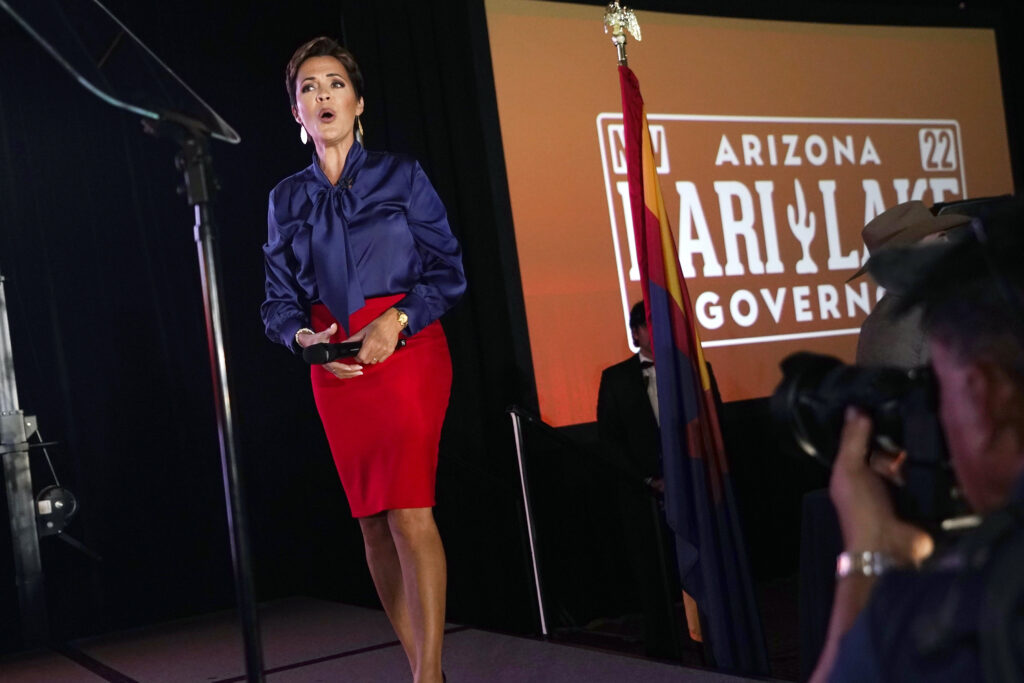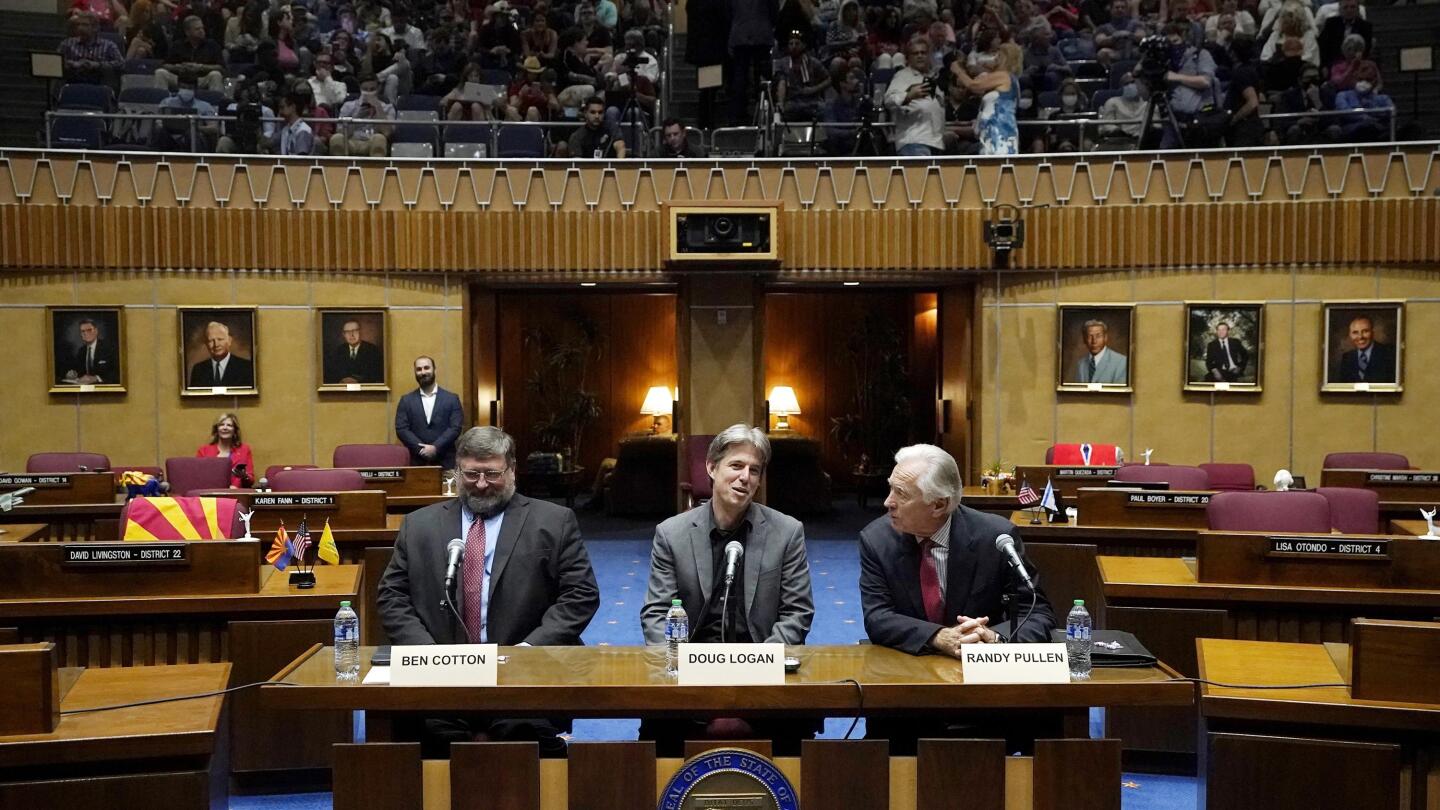
In recent news, the Supreme Court has declined to hear two lawsuits filed by Republican figures Kari Lake and Mark Finchem regarding the use of electronic voting machines in Arizona elections. The lawsuits, which were dismissed by lower courts for lacking standing and making speculative claims, sought to block the use of these machines due to concerns over their alleged vulnerability to hacking and voter fraud.
Lake, who is currently running for a Senate seat in Arizona, had previously filed the lawsuit during her failed campaign for governor in 2022. Finchem, a former state lawmaker, was also involved in the litigation. Both individuals have been vocal critics of electronic voting machines and have made unsubstantiated claims about their security.
The dismissal of these lawsuits marks the end of the road for Lake and Finchem's efforts to challenge Arizona's use of electronic voting machines. The Supreme Court's decision not to hear their appeal comes after several other courts, including the 9th US Circuit Court of Appeals, had already dismissed their claims.
It is important to note that these lawsuits were based on speculative concerns and did not provide any concrete evidence of hacking or voter fraud in Arizona's elections. Previous nonpartisan reviews of the ballots have found no significant problems with the vote count in Maricopa County, where these concerns were raised.
Despite the lack of evidence, Lake and Finchem have continued to make claims about election fraud and have sought to undermine public trust in the electoral process. Their efforts to challenge Arizona's use of electronic voting machines are part of a larger trend among some Republicans who question the legitimacy of recent elections.
The Supreme Court's decision not to hear these cases is a victory for voters in Arizona and across the country, as it ensures that the electoral process can continue without unnecessary disruption or delay. It also underscores the importance of providing accurate and reliable information about elections, and the need to be skeptical of unfounded claims of fraud.




